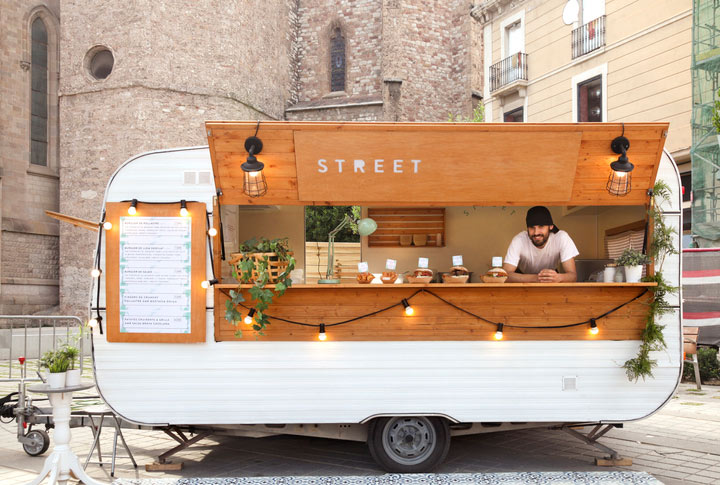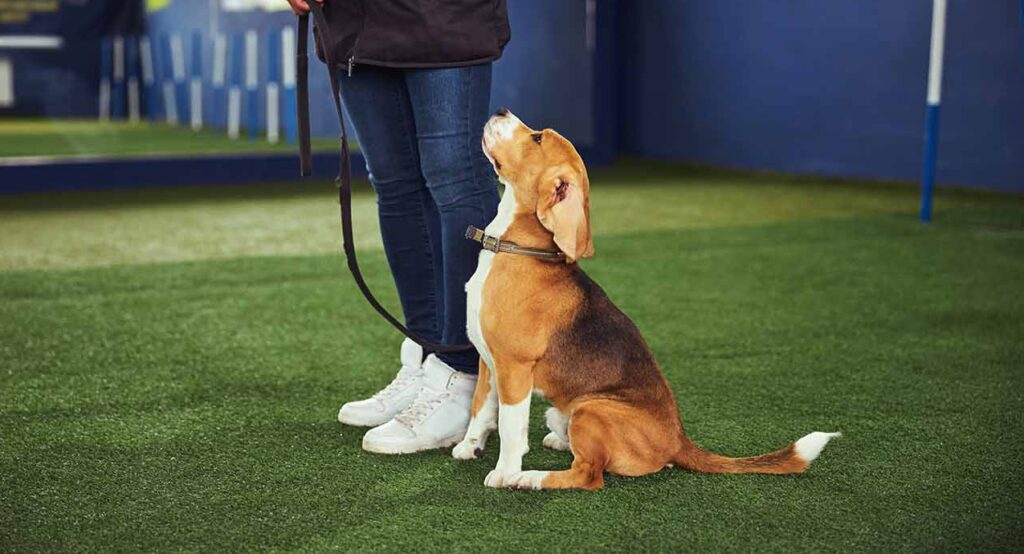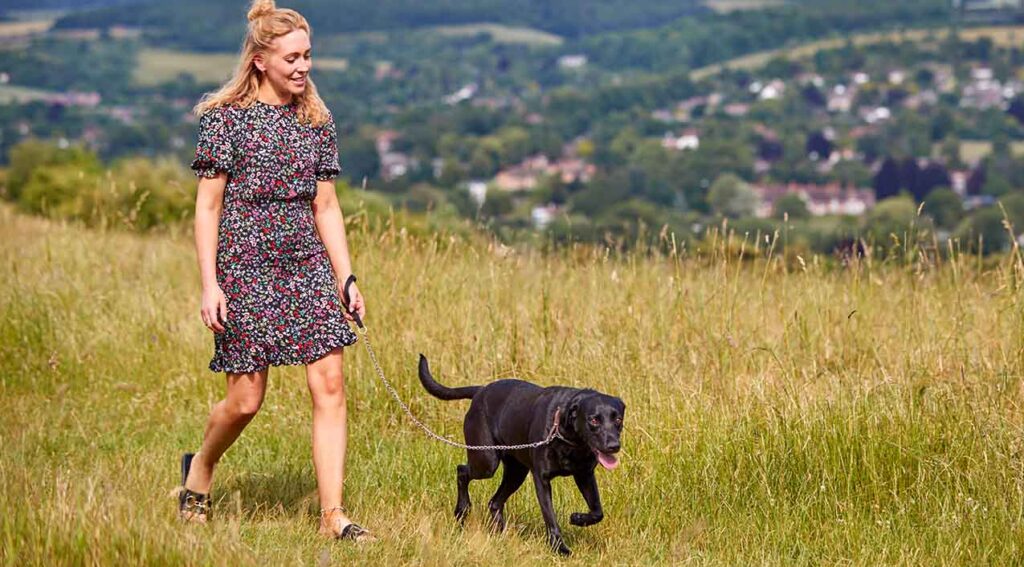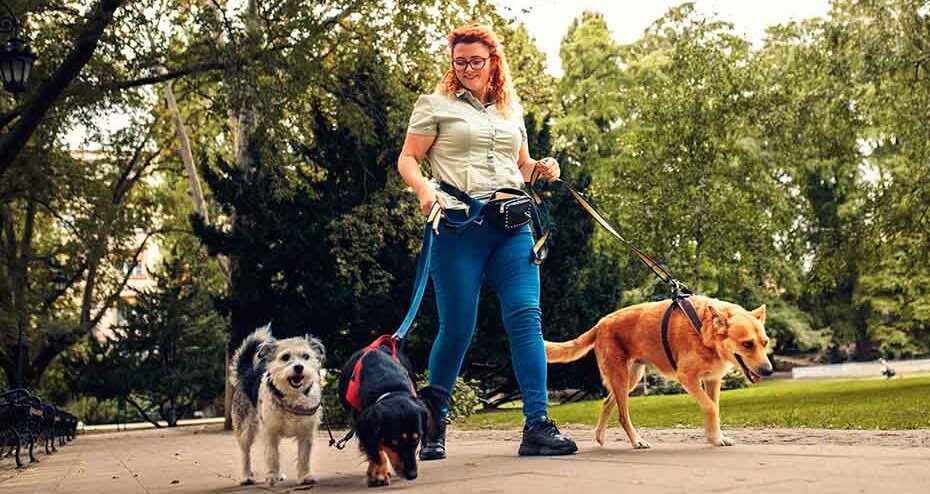Contributors
My main focus is managing the blog and product content for the Protectivity website ensuring everything aligns wi...
All over the country, countless people just like you are branching out with their own food truck business. From traditional fare like burgers and hot dogs, to the tantalising tastes of Asia and Africa, there’s a booming market for delicious meals and snacks on the go. By setting up your own food truck business, you could work at events or set up in a public place to attract customers – but there’s plenty of planning to do to get yourself up and running.
This guide tells you everything you need to know about starting a food truck business, from equipment and stock to licences and payment, and everything in between.
Why should you start a food truck business?
If you’re stuck in a rut with the nine-to-five, and fancy a change of pace towards a job you enjoy, then looking at setting up a food truck might just be the thing for you.
Starting your own food truck business gives you an opportunity to get creative, and to share some of your great recipes with the public. And not only that, you can be your own boss, work where and when you want (within reason!) and work towards making your food truck business exactly how you want it to be.

Things to do to set up a food truck business
Getting a food truck business up and running isn’t as simple as rolling up in your vehicle and getting cooking: there’s plenty of planning and preparation required before you can start selling your dishes to the public.
This list covers all the key basics that you’ll need to navigate as you get started. It isn’t an exhaustive list and you don’t necessarily have to approach them all in this order, but all of them need to be considered along the way:
Create your concept
First of all, you should work out exactly what you want to offer and how you present it. A theme and brand for your food truck business is vital if you want to stand out from the crowd. While working this out, you should not only assess the dishes that you’re capable of creating to a high standard, but also the other food trucks that are already operating in your area. If you offer a style of food that’s already well-catered for, you may find it difficult to get enough market share.
Research your marketplace
Once you’ve got a solid concept in place, you can begin to explore the potential locations and customers that you can target. These could be certain positions and parking spots that will give you access to the public; special events like festivals, sporting events or street food fairs where you can get a pitch in exchange for a fee; or private-hire bookings for occasions like weddings or office parties. The mobility of your business means it’s entirely possible to combine all of these at different times.
Develop your menu
Working out the exact details of your menus is an important early step. You’ll not only want to think about dishes that are delicious, but also make sure that you can charge a realistic amount for them and make a decent profit. Also bear in mind that it’s now become customary for food vendors to provide vegetarian and/or vegan options, so it’s worth creating some meat-free ideas if you don’t already have any.
Work out your prep, storage and freshness times
Connected to your menu preparation, you’ll also need to consider the preparation of your food, including what you can do in advance and what you’ll need to do on site after taking an order. This should consider storage, especially if things need to be kept chilled or frozen, and how long items can safely be stored for before they have to be thrown away. These decisions will play a major part in helping you work out the stock you need to buy, and when you need to buy it.
Remember ingredients and allergies
Don’t forget that you’ll need to provide full information about all the ingredients that you use if requested to do so. The legislation around food and potential allergies has been tightened significantly in recent years. As a result, you should make sure you read up on your requirements, and inform customers over any products that might cause an allergic reaction in certain people.
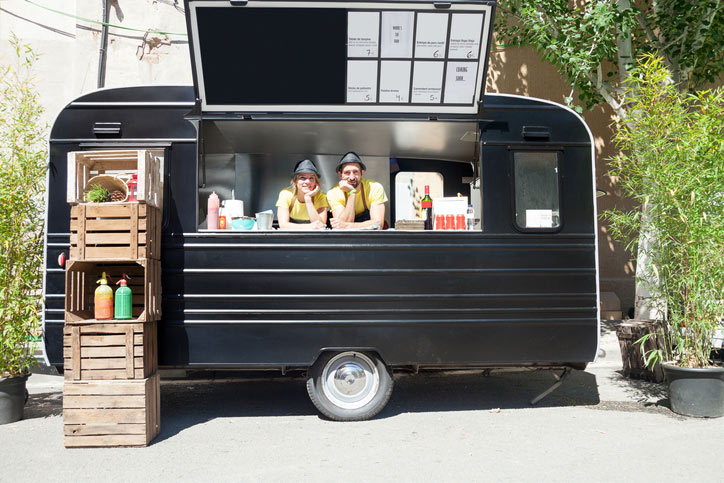
Register your business
With most of your food-related needs sorted out, you can then start to look at more of the business and finance-related details. You should begin by registering your business, once you’ve decided the form it will take. The simplest way to start will be as a sole trader, but you should remember that you’ll be personally liable for any debts you run up. Limited companies come with a bit more complexity, but do give you some extra protection. Read more about small business accounting in our guide here.
Get your funding in place
You may need to get some extra funds in place to get your business up to speed. This may well be the case if you need to source and fit out a vehicle (which will probably be your biggest initial outlay), or you may need support getting equipment, cooking appliances and your initial stock. There are plenty of small business loans and credit facilities available for you to take advantage of, but make sure you don’t sign up to repayment terms that put you under too much pressure.
Ensure you have the right driving licence
Depending on the size of the vehicle you have in mind, you may need an extra class on your driving licence to be legally able to drive it. Start by checking the classes you already have (these are the letters on the back of your photocard), and compare them with your target vehicle. Then look at the costs of any training and testing you may need to make the grade.
Invest in a reliable vehicle
While it’s easy to get swept up in the excitement of getting the perfect vehicle for cooking and food preparation, don’t overlook the importance of its mechanical reliability. Without being able to reliably get to your planned selling locations, your sales and revenue are stopped dead in their tracks. Remember that any deal that looks too good to be true almost certainly is – and if you don’t have automotive expertise, ask a friend for their advice.
Complete your fit-out
Once you’ve got your vehicle, then you can start fitting it out with all the workspace, storage areas and appliances you need. With only a limited amount of space to work with, measurement is the key here. Come up with as precise a plan as you can as to what will go where, and measure any equipment and appliances you need precisely, ideally before buying them. If you buy things that get in the way, don’t fit or that you can’t get into the vehicle, you could be left with a problem that’s very expensive to rectify.
Get the right operating licences
In order to sell your creations, you will need some licences, depending on the nature of your sales. For example, if you’re planning on trading in a public space, then you will need permission from your local council or authority. If you’re going to serve anything alcoholic, then you’ll need an alcohol licence, which you can get for yourself personally rather than for your company. There may be others applicable to you, so seek advice from the authorities about which ones may apply to you.
Forecast your running costs
For any small business, keeping control of cashflow is absolutely paramount. You may find that your income goes through peaks and troughs – you’ll be more likely to make big money at the weekends, and during the warmer months of the year. But you’ll still have overheads to shell out on, from tax, insurance and fuel for your vehicle, to stock, energy and marketing. You should try and predict your expenditure as closely as you can and as far ahead as you can, so that you don’t find yourself short of cash at any point. Planning major purchases well in advance can also help you smooth out your cashflow.
Consider how you’ll serve customers and take payment
Remember the old saying: ‘the first taste is with the eyes’. In your case, that means the presentation of your vehicle and the overall customer experience, especially if you’re in an environment where there are many other competing food trucks around. It’s critical that your food truck looks inviting, has the menu and prices clearly displayed, and has an uncluttered counter so that it’s easy to get served. It’s also important to consider how you’re going to take payment: many food truck operators have shunned the inconvenience of cash and now use mobile card readers as payment devices instead.
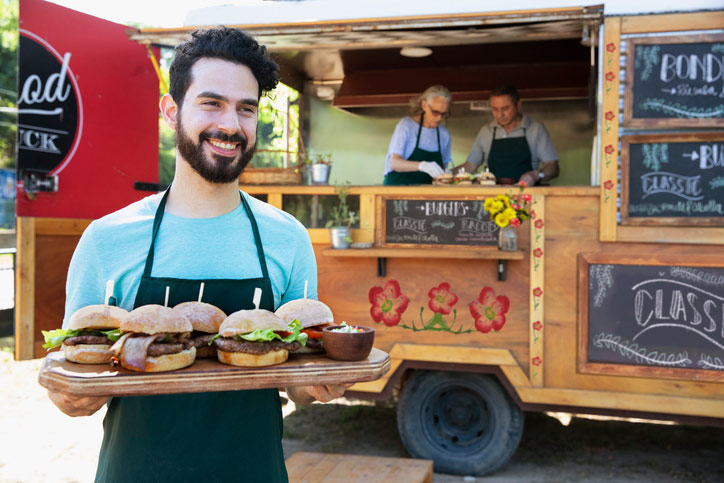
Take health, safety and hygiene seriously
There are a number of different risks that come with food trucks, for yourself, your customers, and anyone you employ to work for you. For customers, there is the risk of them becoming ill or (as mentioned above) suffering an allergic reaction, while the confined nature of your working space can heighten the risk of an accident for anyone inside the truck. Make sure you conduct a full risk assessment, and adopt a diligent and proactive approach to food hygiene – getting a top hygiene rating from your local authority can be a big selling point to your customers.
Put good insurance cover in place
Insurance is vital for any business, but for small businesses in particular. A claim against you by a customer who has got ill, or an employee who has got hurt inside your truck, could cost thousands to defend. This can have serious and long-lasting ramifications for your personal finances, especially if you’re operating as a sole trader. Furthermore, most events that host food trucks will require you to have public liability insurance as a condition of attending. For both of these reasons, you should always make sure you have comprehensive insurance cover in place.
Implement your marketing and advertising
By this point in the list, you’re more or less ready to go, and it’s time to start getting your brand, menu and creativity out to a wider audience. Social media is definitely the best place to start, as you can spread your message to large numbers of people for free. You may, however, want to consider paying for some ads on social platforms as a way of getting noticed. But social media isn’t the be-all and end-all: don’t neglect the power of more traditional forms of advertising, like leaflets, posters, newspaper adverts, and an eye-catching blackboard outside your truck when you’re open.
Get catering business insurance with Protectivity
Taking all of the steps listed above can give your food truck business the best possible chance of success. However, no business is 100% immune from unforeseen circumstances, and as a small business operator, the financial implications of an unfortunate event can be severe.
That’s why it’s so important to have good insurance in place, such as the catering business insurance that you can get from Protectivity. Our comprehensive cover includes up to £5 million of public liability insurance, up to £10 million of employers’ liability cover if you employ other people, products liability for everything you sell, and the option of commercial legal protection.
Our cover starts from just a few pounds a month, but can give you the confidence and peace of mind to grow your food truck business into something really special. Take a closer look at our catering business insurance today.
Get Catering Insurance from Protectivity
*Disclaimer – This blog has been created as general information and should not be taken as advice. Make sure you have the correct level of insurance for your requirements and always review policy documentation. Information is factually accurate at the time of publishing but may have become out of date.
Last updated by




